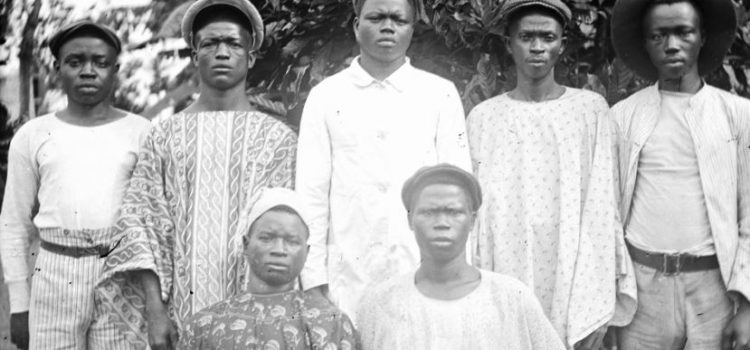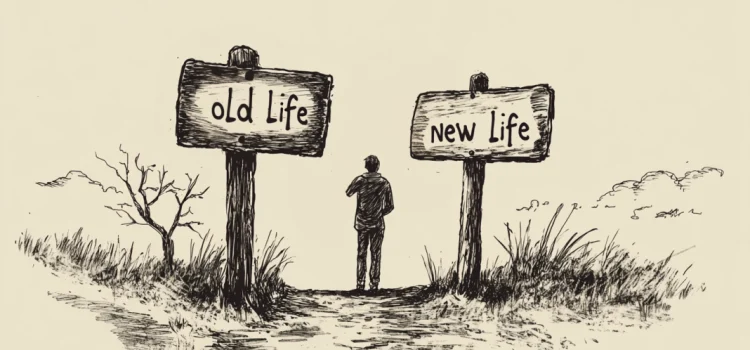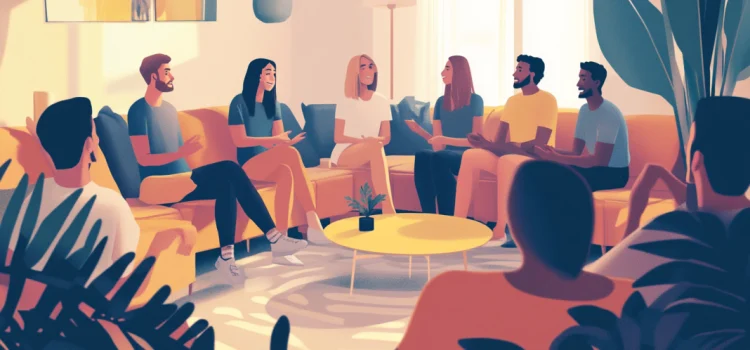How can governments and individuals fight the effects of ultra-processed foods? In what ways should marketing for UPFs be changed? Most food is processed to some extent. Even baking bread or making a smoothie in the blender are forms of processing. But ultra-processed food is different. Ultra-processing doesn’t just modify food—it transforms food into something else entirely. Here’s what can be done to fight against the prevalence of UPFs.
How to Counteract the Negative Effects of Ultra-Processed Food










